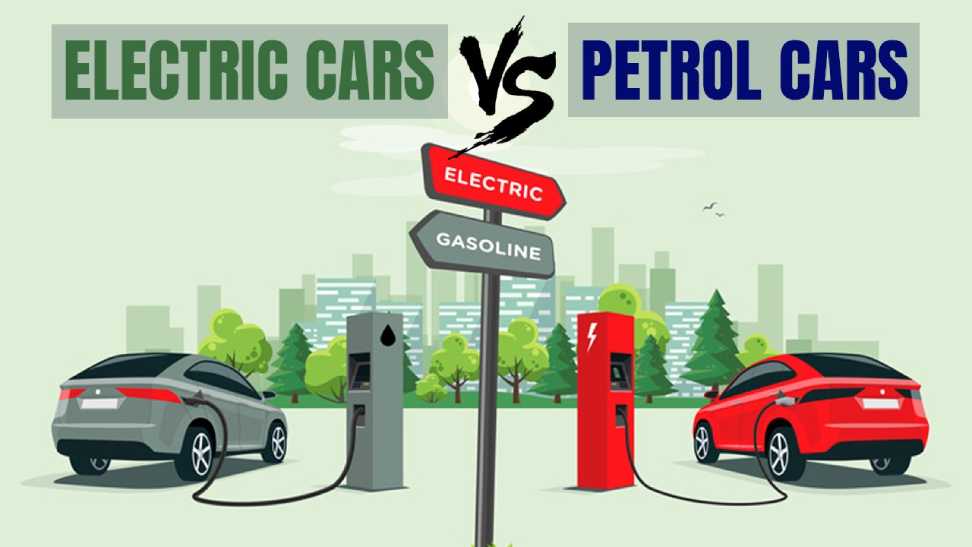The automotive landscape is shifting gears, with electric vehicles (EVs) accelerating into the mainstream and challenging the long-held dominance of fuel-powered cars. But for many drivers, the question remains: which option is truly better? The answer, as in most car buying decisions, isn’t a simple one. It’s a complex equation fueled by factors like environmental impact, running costs, driving needs, and individual preferences. Let’s dive into the engine of this debate and explore the strengths and weaknesses of each contender.
Environmental Impact: Electric’s Clear Advantage
The most significant difference lies in environmental impact. Fuel vehicles leave a trail of carbon emissions, contributing to climate change and air pollution. EVs, on the other hand, produce zero tailpipe emissions. This makes them champions of sustainability, especially in densely populated areas where air quality is a concern. However, it’s crucial to consider the entire life cycle of both vehicles. The electricity powering EVs might come from non-renewable sources, negating some of their green credentials. But as renewable energy sources gain ground, this argument weakens. Additionally, EV batteries require responsible production and disposal to minimize their environmental footprint.
Cost Comparison: Not Just Fuel vs. Electricity
While the lower price of gasoline currently seems like a fuel vehicle’s advantage, the equation is more nuanced. EVs boast significantly higher fuel efficiency, translating to lower energy costs per mile. Additionally, they require less maintenance due to simpler electric motors compared to complex internal combustion engines. This results in long-term savings that might outweigh the higher initial purchase price of an EV. Factor in government incentives and tax breaks specific to EVs in some regions, and the financial scales often tip in their favor.
Performance and Range: Closing the Gap
Early concerns about EV performance and range are fading with each generation. Many modern EVs offer impressive acceleration and handling, often exceeding their fuel-powered counterparts. However, range anxiety remains a concern for some. While charging infrastructure is expanding rapidly, it’s not as ubiquitous as gas stations, and charging times can be longer, especially for long-distance journeys. Fuel vehicles still hold the edge here, but the gap is narrowing rapidly.
Practicality and Lifestyle
Beyond technical aspects, individual needs and lifestyles play a crucial role. If your daily commute is short and charging facilities are readily available, an EV might be ideal. However, for those who regularly take long road trips or require the versatility of a larger vehicle, a fuel vehicle might be more practical. Additionally, factors like access to home charging or public charging infrastructure, parking situations, and individual driving habits need to be considered.
The Future is Electric, But Not Here Yet
While the trend towards electrification is undeniable, it’s not a one-size-fits-all solution. Both EVs and fuel vehicles have their strengths and weaknesses, and the “better” choice depends on individual needs and priorities.
Looking Ahead
The automotive industry is at a crossroads, and technology is evolving rapidly. Battery advancements, improved charging infrastructure, and the increasing availability of renewable energy will undoubtedly influence the future of transportation. As both technologies continue to develop, the gap between EVs and fuel vehicles will shrink, making the decision even more nuanced.
Ultimately, the choice between electric and fuel vehicles is a personal one. By carefully considering environmental impact, running costs, performance needs, and personal lifestyle, you can navigate the road to the future and choose the vehicle that best suits your journey.
Feature image source:- http://tinyurl.com/53px2rc4

